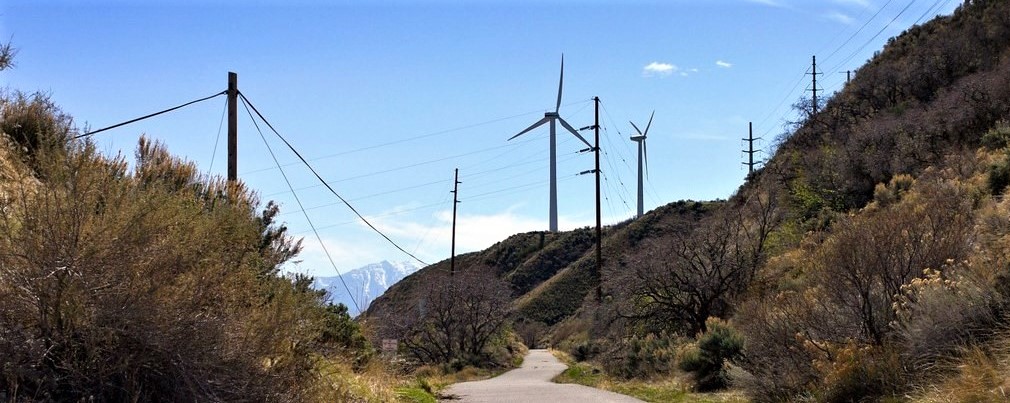News: Microgrid Interconnect at Utah National Guard’s Camp Williams

The National Guard has embraced the concept of resilience. Here in Utah, part of their resilient building strategy is to be up and functioning in the face of calamity. Colvin Engineers, along with the consulting firms of Architectural Nexus and Forsgren Associates, have been selected to design the new Microgrid Interconnect at the Utah National Guard’s Camp Williams, which aims to make the base completely energy independent during times of emergency.
Microgrids are localized grids that can disconnect from the traditional grid to operate autonomously. In addition to the possibility of grid-independence, they improve power reliability and quality, increasing system energy efficiency. At Camp Williams, the objective is to build a microgrid system that would allow the entire camp to operate independently of the master grid for up to 14 days. This will be achieved through combined use of on-site wind turbines, PV arrays, battery storage and, when all else fails, a supplemental diesel generator system.
The first step in this project is the creation of a Master Energy Plan for Camp Williams, followed by designing each of the components needed to facilitate this microgrid, including multiple systems and structures to house and operate them. The overall objective is to find a way to balance the wind, solar and battery components to minimize a need for supplemental generator power.
Breaking news regarding the development of other, future microgrids came just this week, with the re-introduction of The Energy Resilient Communities Act. This bill aims to create the first federal program to build 100-percent clean energy microgrids to power critical infrastructure for communities in the aftermath of an extreme weather event or power shut-off.
The Energy Resilient Communities Act prioritizes energy equity and environmental justice by putting grant applications from low-income communities and communities of color at the front of the line for clean energy microgrid grants. This will help combat power outages and rolling blackouts, reduce pollution, create green jobs and fight the climate crisis.